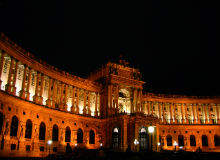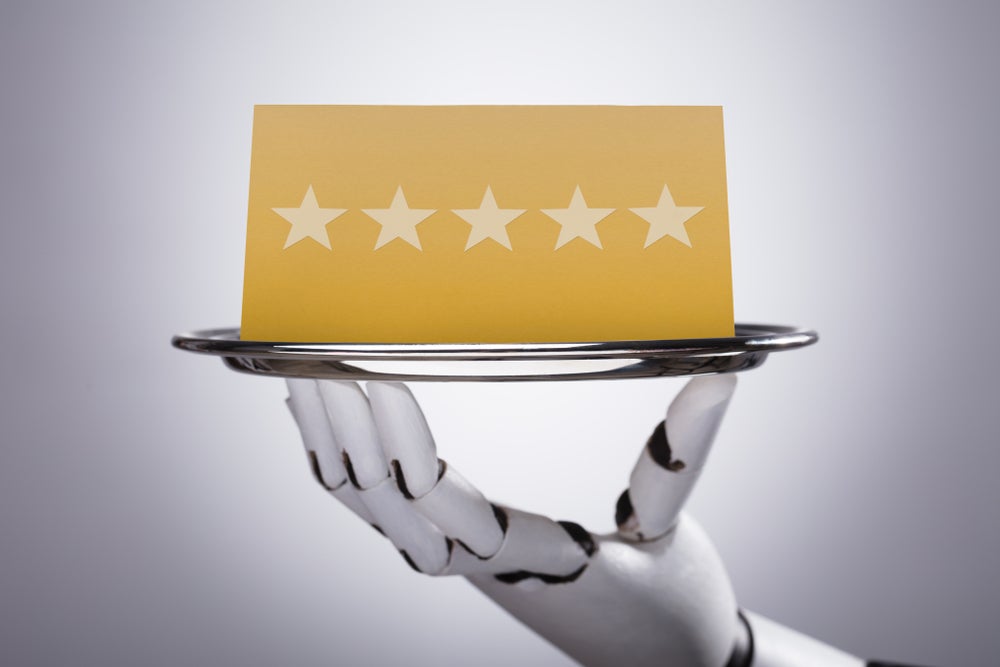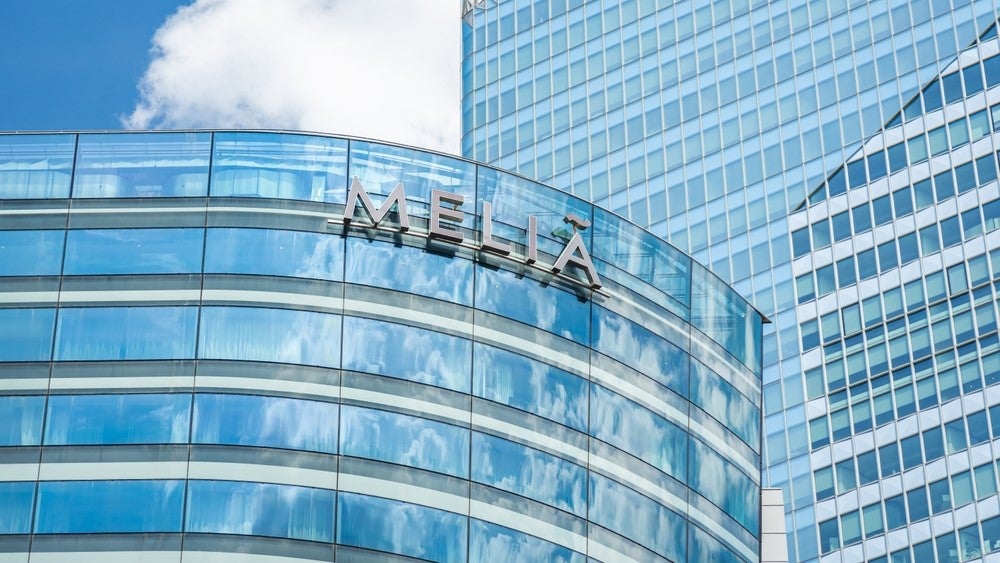
"Plus ça change, plus c’est la même chose." Jean-Baptiste Alphonse Karr’s famous epigram – ‘the more things change, the more they stay the same’ – is as relevant today as it has always been. One could also say ‘if you want to stay the same, you need to change with the times’. But does this relate to hotels, too? And if so, how and what does one change? A bed, a table, a chair; breakfast, lunch, dinner? What?
Well, the days of such simplistic thinking are long gone. Travellers around the globe have become ever more demanding, up-to-date technology is a must and management techniques are changing accordingly. Globalisation has given tourism and hospitality a boost and stimulated creativity in all areas of hotel-keeping as well as in concept design. Trends and fashions come and go, making the life of a hotelier more exciting – and difficult at the same time. How to know the difference between fashion and a global trend? How to know where to invest and how to get a decent return? And in particular, how to convince your boss, your owner and your banker to green-light your investment budget?
With the assistance of École Hôtelière Lausanne (Europe) and Cornell University in the US, EHMA members discussed all relevant issues relating to the hotel of the future at the occasion of the organisation’s 2012 Annual General Meeting in Vienna at the end of March. Industry experts and professionals from the fields of architecture and design, IT and science met with leading hoteliers representing international hotel chains, global brands and individual hotels from all over Europe.
The challenge for operators and hotel owners was, and will be, to identify long-term customer trends and tastes, determine products and organisational structures and thus meet guests’ expectations. Of course, comparing hospitality sectors worldwide cannot be done accurately due to cultural and economic differences – even Europe’s hostelry is as diverse as its landscape and its people. There are, however, some major global trends affecting business travellers and tourists alike that need to be taken into account when new hotels are conceived or renovations planned. Any new hotel must be equipped with the latest digital technology and ‘green hotel-keeping’ is a must, as are both energy-saving standards, and safety and security installations.
Taking into account that the gap between leisure and work will inevitably get closer, hoteliers of tomorrow will need to ‘sell experience’ rather than services – at all customer levels. Even business travellers look for exceptional experiences, individual concepts and places to communicate. The location – as Conrad Hilton used to say – keeps its predominant importance – although pleasant surroundings, true nature and authenticity will maintain their importance.
See Also:
Culinary experience will also play a leading role since it remains a centrepiece of human communication: there is no situation more conducive to the creation of a successful business relationship or a friendship than a communal meal and a drink in a fitting location. This is true not only for deluxe or upper-class establishments but also for a ‘chic-and-basic’ cafe of a budget hotel – as long it reflects the lifestyle of its target group.
How well do you really know your competitors?
Access the most comprehensive Company Profiles on the market, powered by GlobalData. Save hours of research. Gain competitive edge.

Thank you!
Your download email will arrive shortly
Not ready to buy yet? Download a free sample
We are confident about the unique quality of our Company Profiles. However, we want you to make the most beneficial decision for your business, so we offer a free sample that you can download by submitting the below form
By GlobalDataRegardless of concept, country or type of customer, success will only come when hoteliers focus on the true needs and wishes of their guests, always keeping an eye on hospitality and striving to be a perfect host – in the best sense of Jean-Baptiste Alphonse Karr’s timeless saying.






